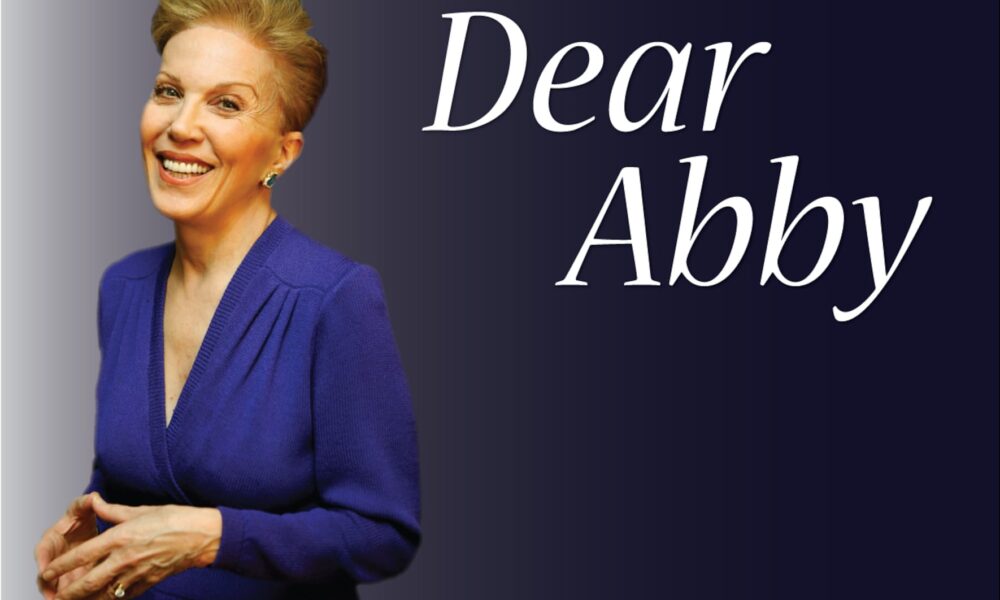A recent letter by Lois Eisenberg ignited a debate over the nature of health care in the United States, asserting that “health care is a right, not a privilege.” In her remarks, she commended federal programs such as the Affordable Care Act (ACA), suggesting they establish a right to health care. This perspective, however, is not universally accepted.
Arthur Tom, a resident of Valencia, expresses a contrasting viewpoint. He emphasizes that the U.S. Constitution does not guarantee a right to medical care, instead protecting citizens from government intrusion in matters like speech and religion. Tom argues that federal requirements for health care provision would misinterpret the Constitution’s intent.
Financial Realities and Moral Obligations
Tom acknowledges the moral duty to assist those in need, aligning with his beliefs as a Catholic that individuals should care for their neighbors. He highlights the importance of community involvement through families, churches, charities, and local programs. However, he argues that this personal and community responsibility does not equate to a federal entitlement.
The financial implications of such a perspective cannot be overlooked. The U.S. federal government currently carries a debt exceeding $30 trillion. Tom points out that this staggering figure impacts fiscal policy, with an increasing portion of tax revenue allocated to servicing debt rather than addressing contemporary needs such as defense and infrastructure. He warns that deeper indebtedness limits the government’s ability to respond to future crises and imposes a burden on future generations.
Tom’s stance calls for a careful examination of the government’s capacity to meet extensive health care guarantees. He stresses the need for honesty regarding constitutional limitations and the practical capabilities of an already overextended federal system.
Health Care Reform and Responsibilities
Despite his criticisms of the ACA and the idea of federal health care as a right, Tom does not advocate for abandoning those unable to afford medical care. He recognizes the necessity for health care reform, underscoring that compassion for those in need must coexist with an understanding of fiscal realities.
While health care remains a critical issue, Tom contends that it should not be framed as a constitutional right or a federal obligation. The conversation around health care in the United States, as articulated by both Eisenberg and Tom, reveals a complex interplay of moral responsibility, financial constraints, and constitutional interpretation.
This ongoing dialogue invites further exploration of how society can balance these competing interests, ensuring that those in need receive support without straining the financial foundations of the government.







